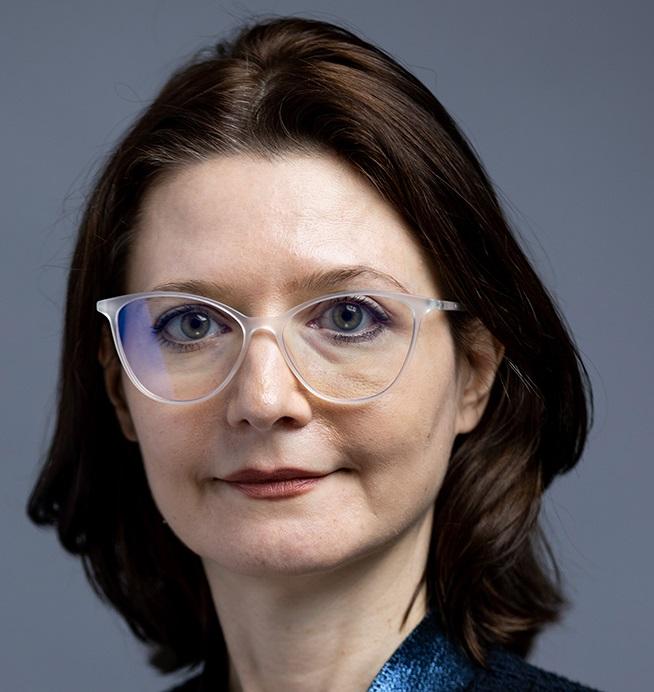Lina Steiner
This book examines Leo Tolstoy’s unique artistic and intellectual legacy as a case study for understanding Russia’s prolonged transition toward modernity. It examines Tolstoy’s indebtedness to different branches of the European Enlightenment and humanistic traditions. The book argues that Tolstoy’s philosophical perspective cannot be properly understood without taking into account the influence of Spinoza and his eighteenth and nineteenth-century followers, including Lessing, Rousseau, Herder, Goethe, Schiller, Feuerbach and Berthold Auerbach. Tolstoy’s Enlightenment shows how Tolstoy’s experimentations with didactic art reflect his religious-philosophical conception of enlightened humanity as a symbiosis of logos and love. At the same time, the book presents Tolstoy as a non-dogmatic thinker, whose rational insights and mystical illuminations never silenced his inner skeptic.

